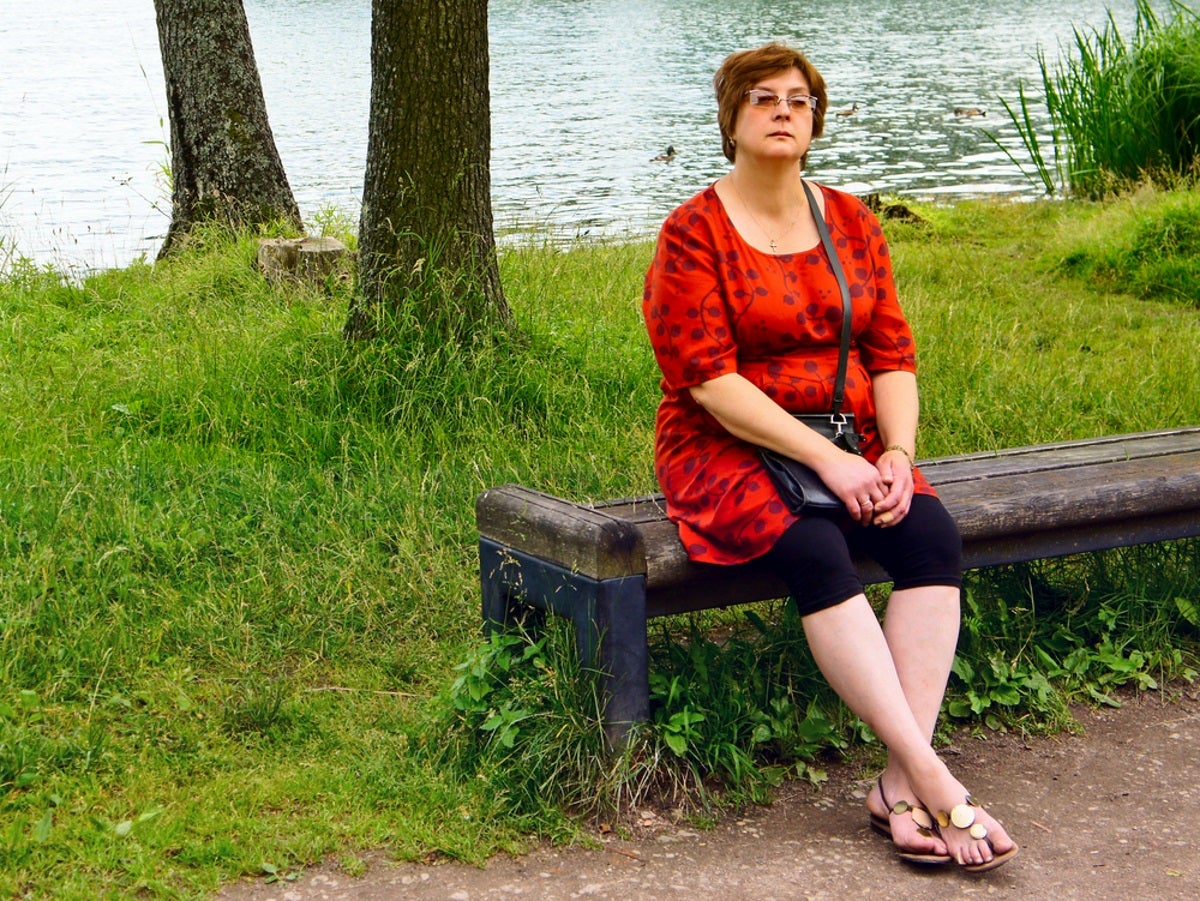Camilla’s Vaginal Hysterectomy
Age at Surgery 41
Location: Saginaw, MI
I arrived in the morning at the hospital. They checked me in, and had me wash up all over with anti-bacterial wipes and then put on paper gowns. They wheeled me to the surgery waiting area. In the waiting area, they asked me routine medical history questions and had me repeat any allergies. They asked if I get motion sick, and gave me something that stuck to my skin behind my ear for it. They got my IVs all ready. They had this machine they put my legs into that squeeze your legs so you don’t get blood clots and such. I saw the doctor come in and say hello, as he went to get washed up and ready. The anestesiologist came and spoke with me for a moment and said he would help me “take a nap”. I remember they gave me something to take orally that was supposed to intially relax me before I got the IV meds, but I don’t even remember getting the IV medicines because I was OUT!
After the surgery, I awoke feeling very sick to my stomach. The nurse wanted me to be able to go to the bathroom, but I just kept feeling like I was going to throw up. I felt like the nausea was worse than the pain of the surgery at that moment. I got up to pee and that stung really bad, but was overshadowed by the extreme nausea. They gave me several doses of anti-nausea medicine until I felt better. They gave me my discharge instructions and sent me home! I had napped a lot in that time, and my husband spoke with the doctor to find out that everything went very routine in the surgery and I should be fine to go home. I did go home the same day!
The most important issues as I recovered from my surgery were getting back into regular activity again. I was very constipated for a few days after surgery, and the first bowel movement was awful. Other than that the initial recovery was very easy for me. I went back to work after 5 weeks. I probably could have gone back after 4 weeks, but I wanted to be rested more than that. I felt achy after surgery and felt very sore for the first 2 weeks. I didn’t do much but watch some netflix, drink a lot of water, and get up every hour to walk (or waddle) around the house a little bit.
My greatest challenge has been getting back into a sex life again. Though my initial recovery went well, I developed an excess of granulation tissue. My doctor saw me at my six week visit and applied silver nitrate, and expected it to be fine. He told me I could resume intercourse after 10 weeks post-op. When my husband and I tried to ease into it, it wasn’t working because it hurt too much! I assumed this was a normal part of the recovery, since everything else went okay, so I didn’t get back in touch with the doctor. I finally went in after I noticed I was having a discharge with an unpleasant odor to see what was going on, and was told that I still had granulation. We are still working out the kinks with the granulation issues.
Since I am still dealing with granulation issues and am not fully healed and able to resume regular sexual activities, I have doubted my decision to get the hysterectomy from time to time. I like not having periods anymore, and I love that I don’t have the bleeding issue, so if we can get my healing 100% complete, I’m sure I would say I am glad I had it. Honestly, the granulation issue doesn’t hurt any more than the horrible cramps I had with the thickened endometrial lining and continuous bleeding.
I’ve gained some weight since the surgery, and I’m not sure if some of it is due to hormones. I didn’t start gaining weight until I started using estrogen cream to try to help with the healing of the granulation on the vaginal cuff.
I would tell any of my friends there is the possibility of being in it for a long haul of healing, because I’m 7 months post op and still cannot resume regular sexual activities. I would try and exhaust other options for treatment before a hysterectomy if possible. Hysterectomy is a major surgery, after all!
I think my surgery will be worth it in the long-run, once I can say I’m 100 % healed. My husband keeps reminding me that a year down with no sex is better than if a condition left untreated became cancerous.







